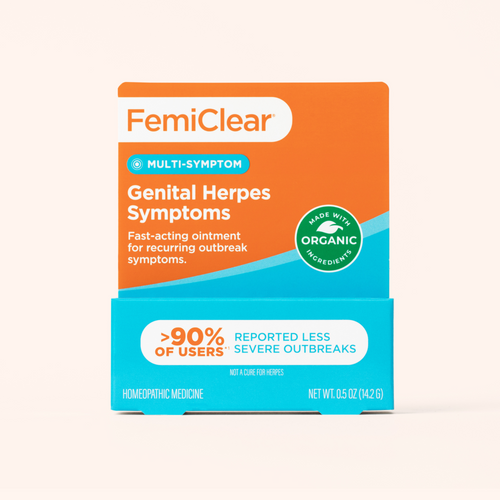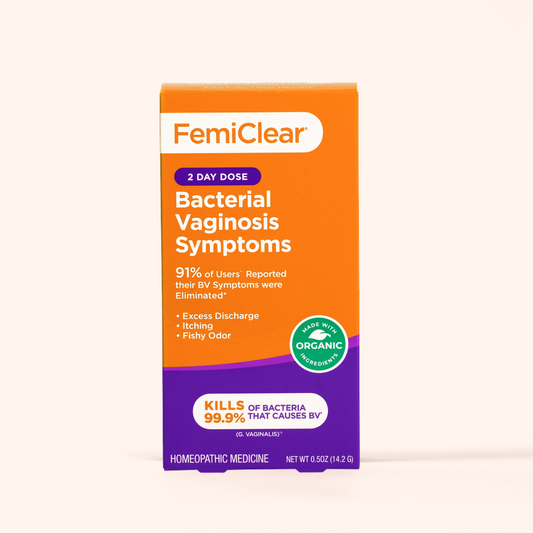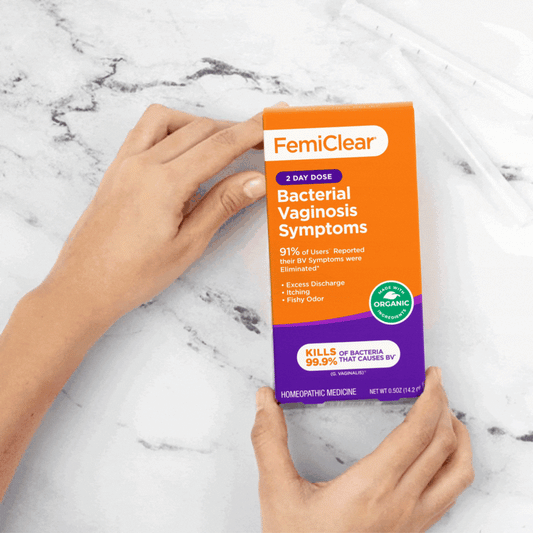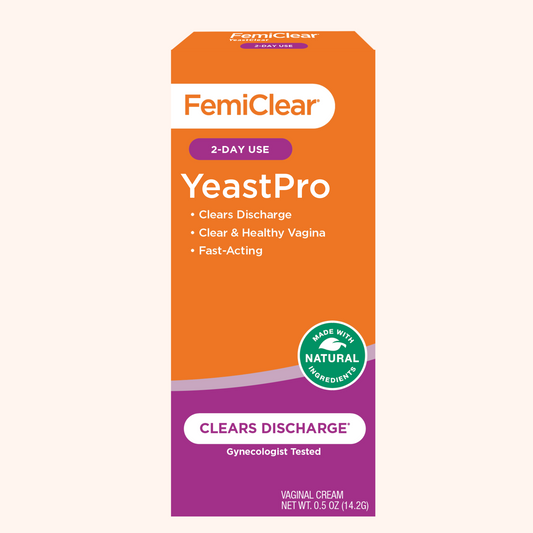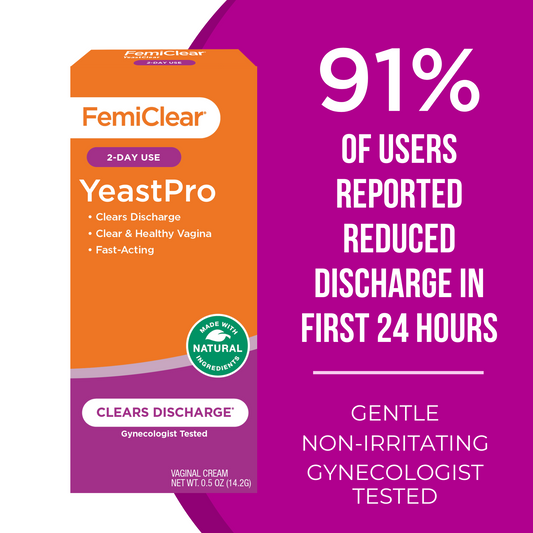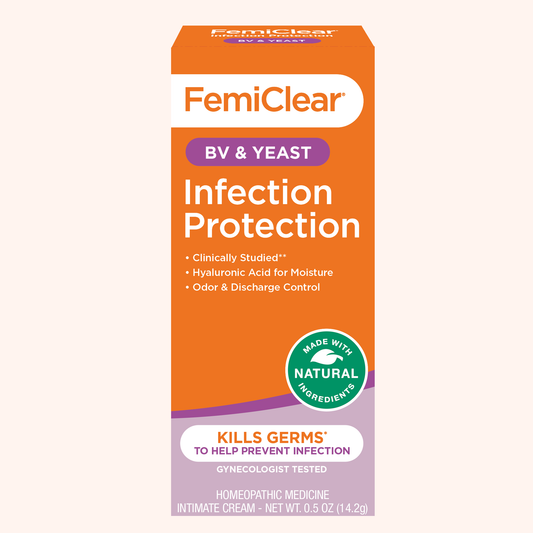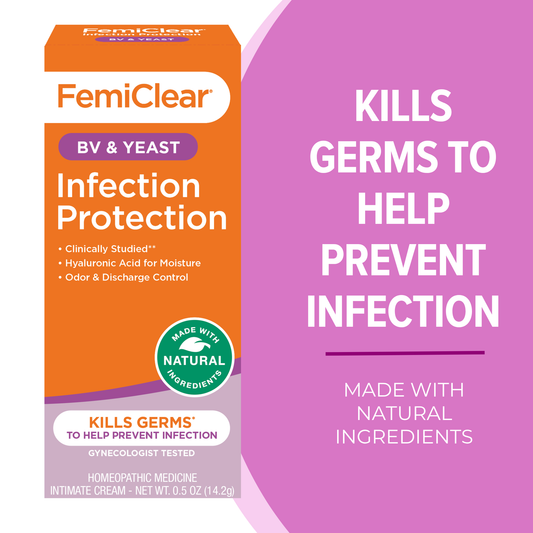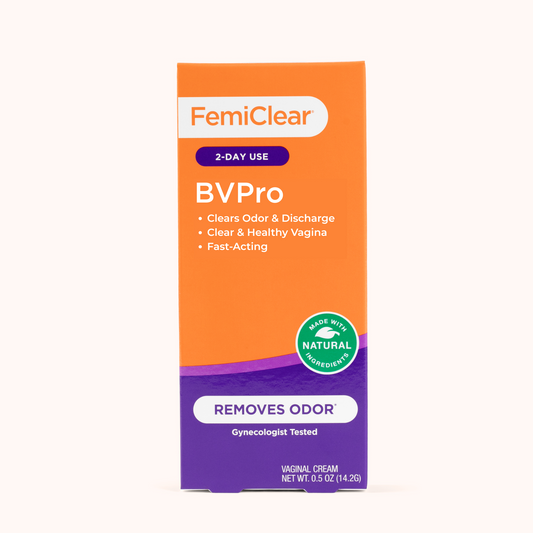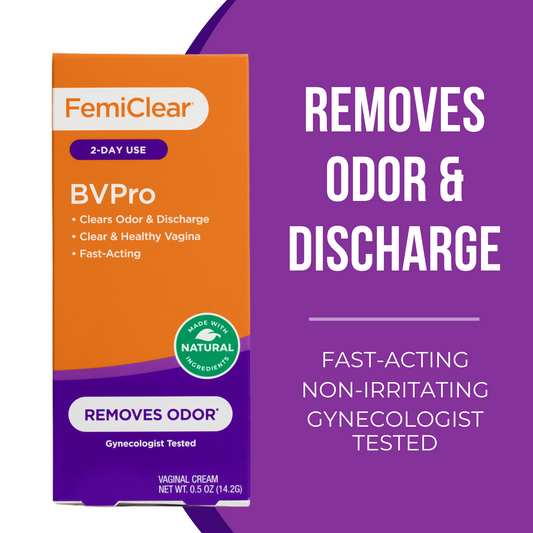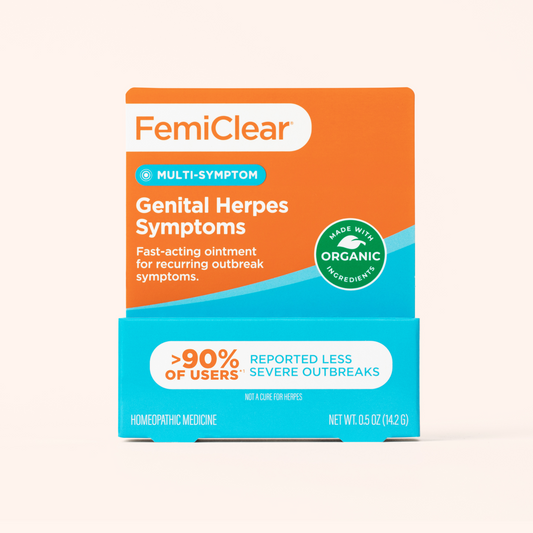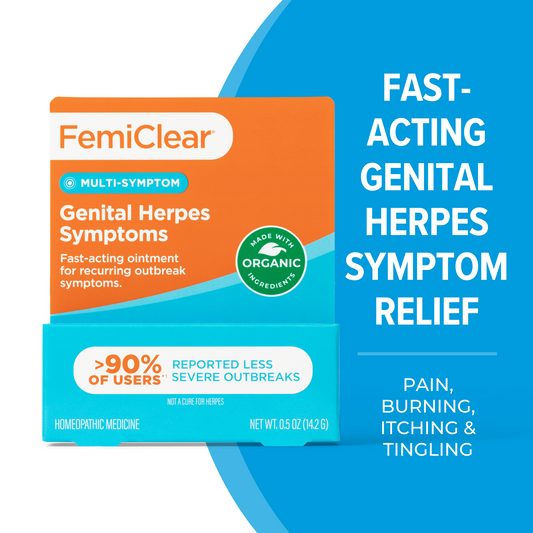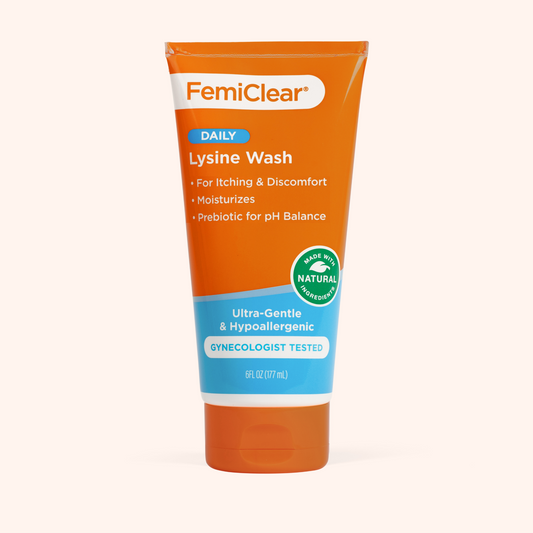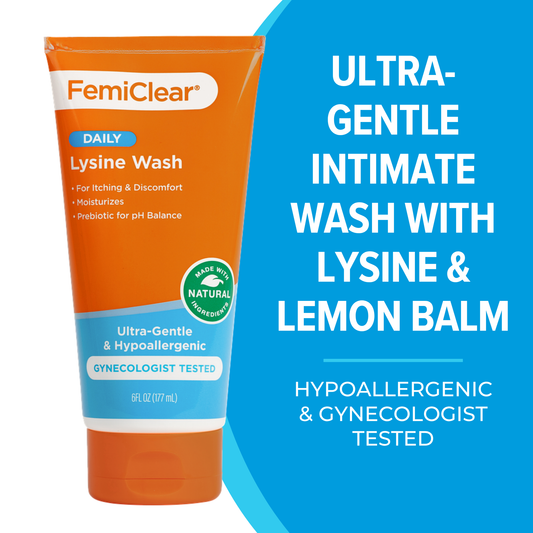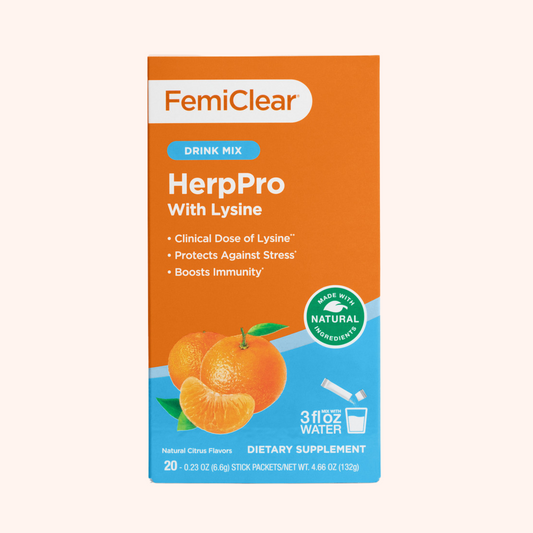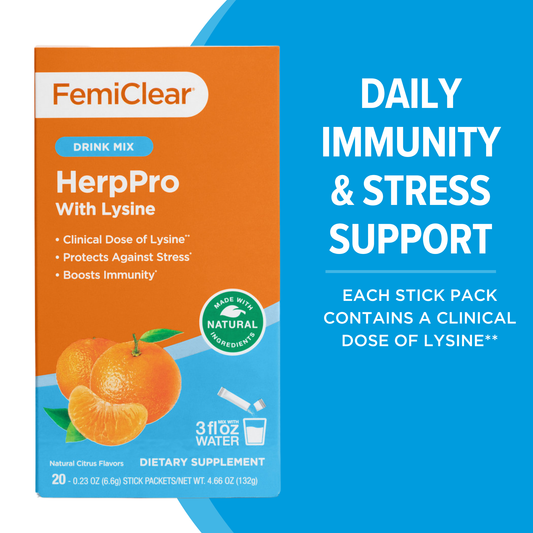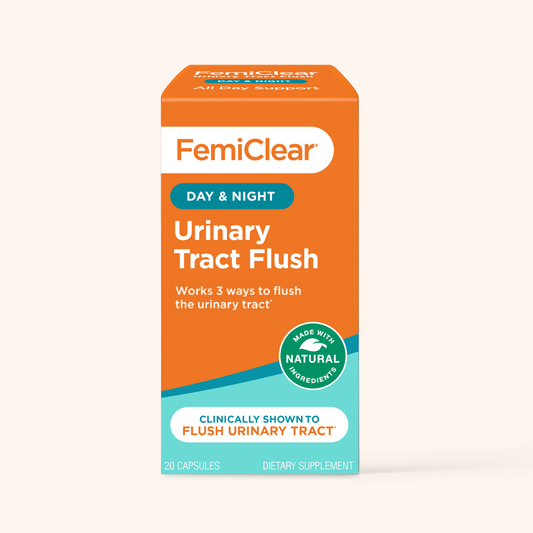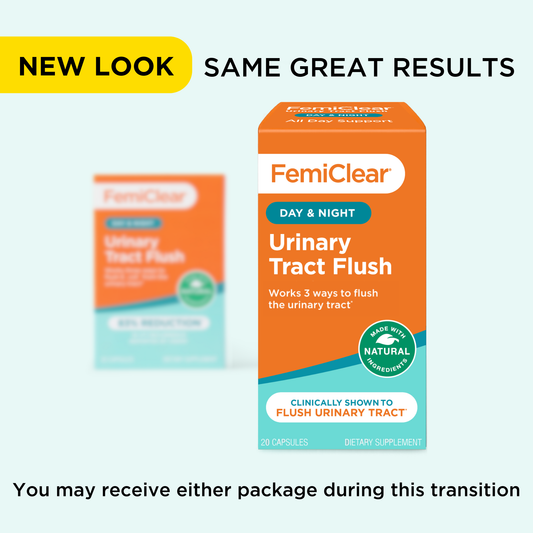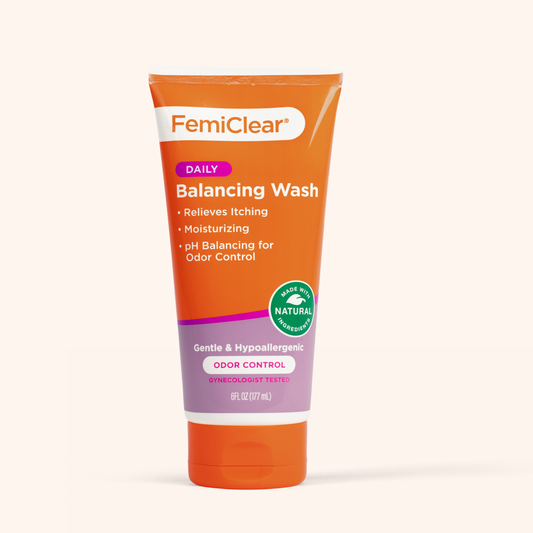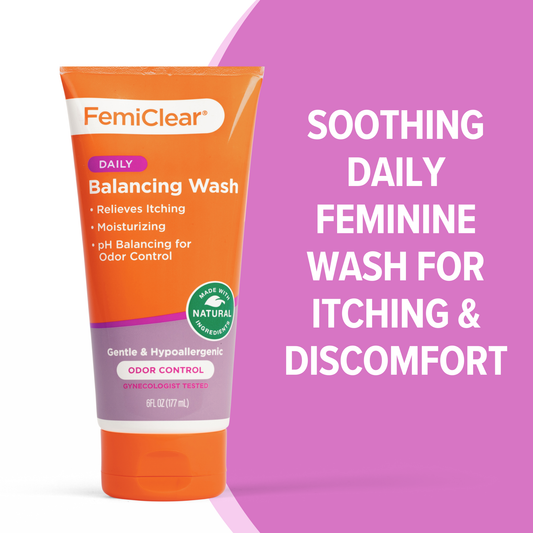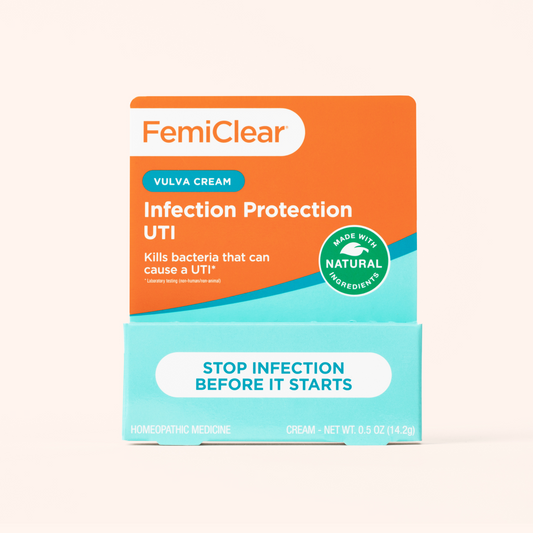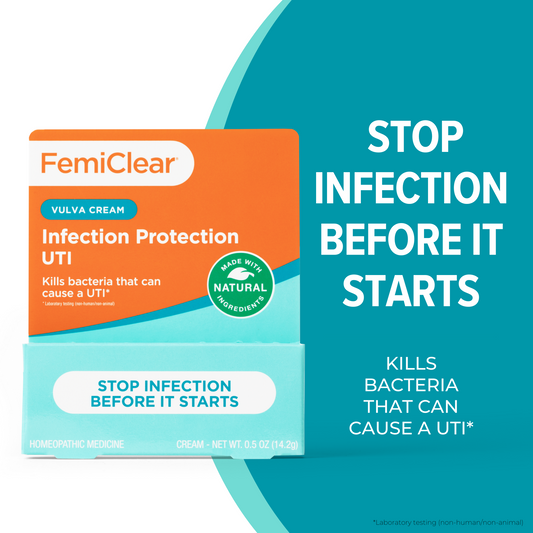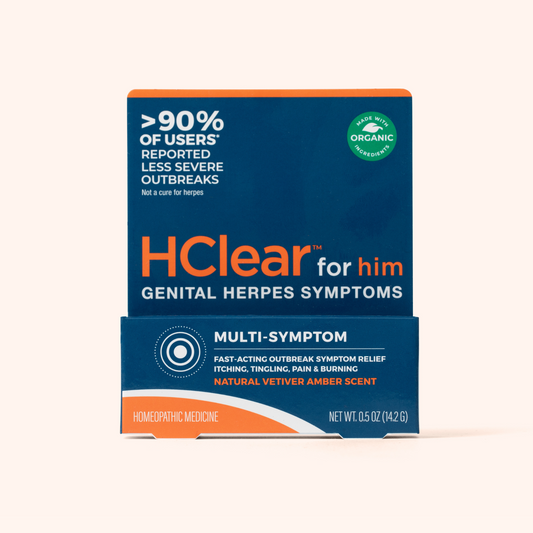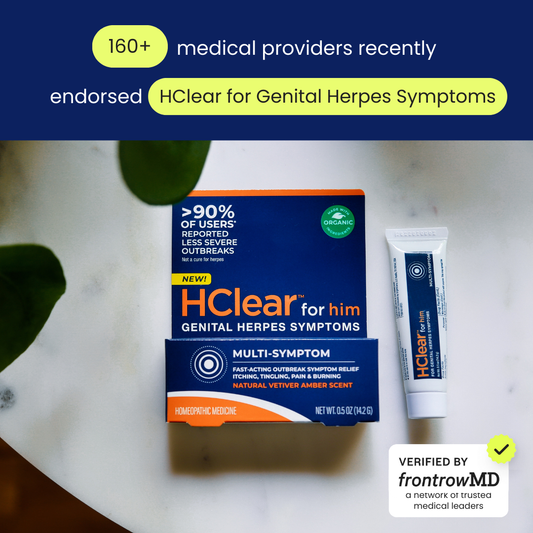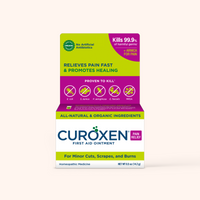Table of Contents
Table of Contents
#Breakthebias Around Women and Sexually Transmitted Infections
Written by Julia Pelly, MPH Jan 03, 2023

STIs are common, but bias makes them feel scarier than they should have to be
Sexually transmitted infections are common. According to the CDC, over 50% of U.S. residents will contract an STI at some point in their life. Despite this, STIs still come with a major stigma, especially for women.
Women are both more likely to contract STIs and more likely to be stigmatized for having one due to the sexual double standard that still exists in our culture today. While men are often celebrated for having multiple partners, women are likely to be shamed for the same. And contracting an STI is often framed as punishment for promiscuity, desire, or simply not “knowing better” in one way or another.
Knowledge is power though, and the more you know, the more you can do to #breakthebias around women and sexually transmitted infections.
The Basics on STIs in the USA
Sexually transmitted infections are common across the United States. In 2018 (the year with the most recent available data) 1 in 5 people were currently living with an STI. While some people are aware of the STI status, many people are not. It’s important to note that, while the term STI and the term STD (sexually transmitted disease) are often used interchangeably, they do mean slightly different things.
Both terms refer to infections that can be passed from one person to another during sex but differ in the way that infection impacts the body. A sexually transmitted infection occurs when bacteria, a virus, or a parasite enters the body during sexual contact. A sexually transmitted disease happens when an infection causes symptoms or in some way damages the body.
What STIs are Most Common?
While there are hundreds of thousands of new cases of Chlamydia and Gonorrhea reported each year, the STIs that have the highest prevalence are . Both herpes and HPV impact many more women than men due to the way that the disease spreads. In 2018 there were an estimated 42.5 million people living with HPV and 18.6 mission people living with Herpes in the United States.
Despite how common contracting or living with a sexually transmitted infection is, there is still a major stigma associated with STIs. People often feel shame, anger, or embarrassment when they are diagnosed with an STI, and many others choose not to seek diagnosis or treatment because they fear the stigma associated with having an STI.
Is There a Cure for STIs?
Some sexually transmitted infections are curable while others are not. Chlamydia, Gonorrhea, and Syphilis are some of the most common treatable STIs. These can be diagnosed by a doctor after taking a simple swab or blood test and are treated with antibiotics. While it’s important to finish your course of antibiotics and ensure that your partner receives treatment too, once you’re free of these STIs they won’t return unless you contract them again.
Herpes is the most common STI that does not have a cure. If you are diagnosed with herpes, your doctor will offer you antiviral drugs that can help reduce the frequency of outbreaks and prevent your partners from contracting herpes. You’ll also have access to a range of remedies that can help you feel better and relieve the symptoms of outbreaks if they do happen.
When you get tested for STIs, ask your doctor about what the signs and symptoms of each infection are and what you should do if you do test positive.
Know your Status
One of the most powerful ways you can work to break the bias against STIs is to be sure that you know your status. Knowing your status is simple, as long as you’re willing to get tested regularly.
The CDC recommends that all men who have sex with men and women under 25 be screened for STIs at least once per year. If you have multiple partners, you should seek out STI screening around every 3-6 months. Getting tested even when you don't have symptoms is important because a lot of STIs don’t present with symptoms right away or even within a few months. If you wait until symptoms appear to test, you may unknowingly infect other people or end up with damage to your body due to untreated disease.
In addition to getting tested regularly, the CDC recommends getting tested if you are experiencing any symptoms or if you believe you may have been exposed to an STI. Symptoms to look out for include:
- Vaginal bleeding that seems unusual
- Itching, pain, or burning in the genital area
- Sores, warts, or blisters around your genitals or anus
- Any discharge that seems different than your ‘normal’
- Pain with urination
- A rash in the genital area
If you’re not experiencing any of the symptoms noted above but things just don’t feel quite right, a visit to your doctor can help determine if you should be tested.
Just as important as getting tested is being willing to share your status with partners and potential partners. While you don’t need to share that you’ve been diagnosed with an STI in the past, it’s important to share any sort of active infections with any potential partners. Sharing your status can feel intimidating but there’s a lot you can do to feel more comfortable sharing.
Get the Support You Need
If you’ve been diagnosed with an STI, you may experience a wide range of feelings. It’s common to feel anger, shame, confusion, or overwhelmed about your status. After a diagnosis it’s important to remember that STIs are common and that there are a lot of people who share your diagnosis. Sharing your status with a trusted friend can help you feel more comfortable and process any big feelings you’re having.
Joining a support group can also help you feel more supported. Search your city for in-person support groups or choose to participate in one online. Support groups can help you learn about your diagnosis, allow you to hear from others who have been where you are before and can provide you with an outlet to share your feelings and challenges.
Stay Healthy
When there is so much stigma around STIs, it can be difficult to gather the information you need to stay healthy. So, here’s what you need to know:
Learning about your body can help you take care of yourself
One of the first steps towards taking control of your health is learning about your body. While no one is an expert on everything, you have the power to be an expert in yourself.
If you don’t feel like you know enough about how your body works to stay safe, finding a few trusted resources you can reference when you have questions about reproductive health can help you get the answers you need right away. Take the time to learn your own natural rhythms, your ‘normal,’ and what it can look or feel like for things to be “off.”
Your doctor should be able to answer your questions
While it can feel intimidating or embarrassing to ask questions about your sexual health, it’s your doctor’s job to give you the information you need. Before your next visit sit down and make a list of all the questions you have and make sure your doctor answers them all before the end of your appointment.
You have a right to ask
Just like it can feel scary to ask a doctor questions about your sexual heath, it can feel hard to ask partners or potential partners about their STI status. You have a right to know though, so make a plan to have an open discussion before you get physical. You deserve it!
Know that you CAN stay healthy and feel good, even if you have an STI
Finding out that you have an STI can be scary, and you might wonder what it means for your health. Knowing your status is the first step towards getting and staying healthy though, so you’re already on the right track. It’s also important to know that you CAN be healthy and happy, even if you have an STI that does not have a cure.
There are natural ways to say healthy
With the stigma around STIs and women’s sexuality, it can be difficult to know how to stay healthy naturally. Creating a health routine that includes things like taking daily probiotics, using an ultra-gentle feminine wash, and adding other products that support your health to your daily routine can help you feel good now and later.
We all have the power to help break the bias around women and sexually transmitted infections. Knowing the facts, knowing your status, and taking care of your body are all ways to reclaim your power. This International Women’s Day, know that you’re not alone and that there are millions of women standing behind you, no matter what your STI status is. And know that FemiClear is right here with you too, working to help women feel good in their bodies, create all-natural products that work, and break the stigma around all things vaginal health.
Written by Julia Pelly, MPH Jan 03, 2023

Multi Symptom Relief for Genital Herpes Symptoms
Kills 99.9% of the herpes simplex I & II viruses*
Learn More